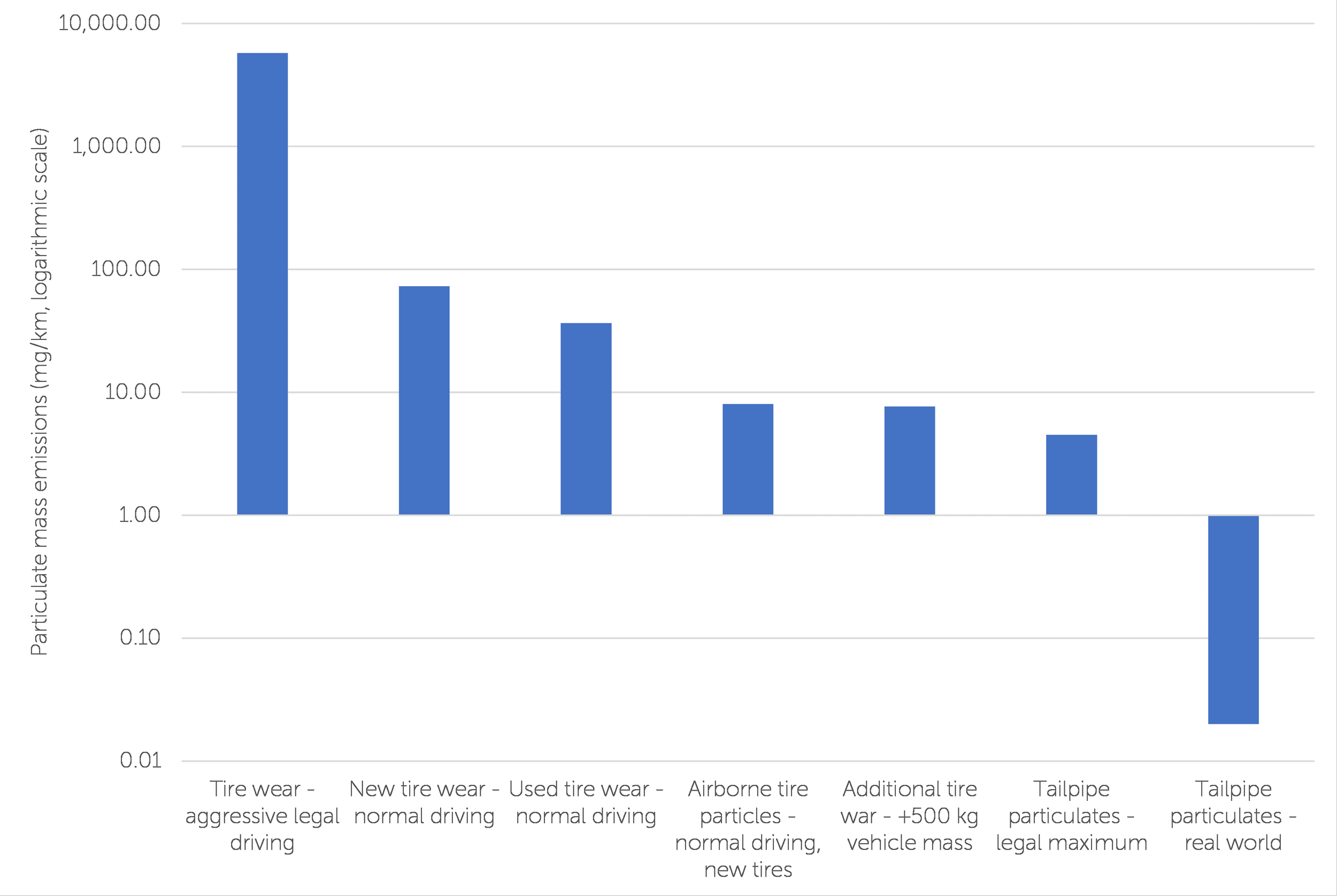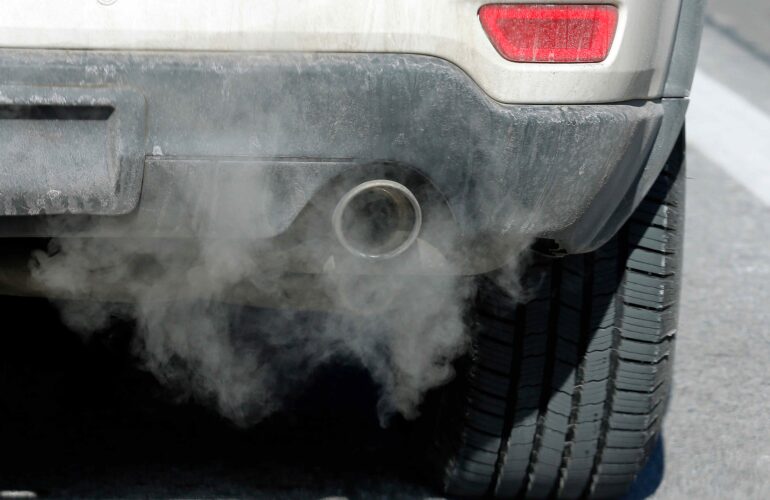Electric vehicles, billed as a cutting-edge breakthrough in green energy technology, may actually be worse for the environment than their gas-guzzling counterparts, a newly resurfaced 2022 environmental study suggests.
According to data collected by Emission Analytics between 2020 and 2022, brakes and tires used on most EVs release 1,850 times more toxic particles into the atmosphere than the tailpipe of a standard gas-powered car.
Tailpipe emissions have declined in recent years with the implementation of “efficient” exhaust filters, meaning that most vehicle pollution comes from brake and tire wear. A heavy car driving on light-duty tires made from synthetic rubber will scatter particulates into the air as the rubber degrades. As the study found, average EVs are 30 percent heavier, causing tires and brakes to wear out faster, speeding up pollution rates.
Learn the benefits of becoming a Valuetainment Member and subscribe today!
Given the weight difference, tire wear emissions on half a metric ton of battery weight in an EV are more than 400 times greater than exhaust emissions from a non-EV. A metric ton is equal to 1,100 pounds. The lithium-ion battery in the Tesla Model Y weighs 1,836 pounds, and the Ford F-150 Lightning is not far behind at 1,800 pounds.

The study was first published in late 2022 but began to recirculate on Sunday after it was cited in a Wall Street Journal op-ed.
The results of this study call into question the “zero emissions” claims made by EV makers, which further jeopardizes the Biden administration’s goal of transitioning two-thirds of the country’s cars to all-electric models by 2030. Even though EVs do not have tailpipes, the tires themselves are manufactured from petroleum—the very fossil fuel the alternative vehicles were created to replace.
Related: Apple Scraps Multi-Billion-Dollar Electric Vehicle Effort “Project Titan”
Even so, “this will not be something that stops electrification,” said Emissions Analytics founder and CEO Nick Molden. “You have a tradeoff. At the moment, the political agenda is very strong towards climate change reduction. EVs do deliver about a 50 percent reduction in CO2 — that [affects] climate change.”
However, he warned that the rise in air pollution may have a more immediate impact on public health. The New York Department of Health reports that exposure to high concentrations of these toxins “can increase the risk of health problems like heart disease, asthma, and low birth weight.”
Molden suggested that the ideal solution would be to change the materials used to make tires, thereby giving drivers “the best of both worlds.”
Connor Walcott is a staff writer for Valuetainment.com. Follow Connor on X and look for him on VT’s “The Unusual Suspects.”



















Add comment